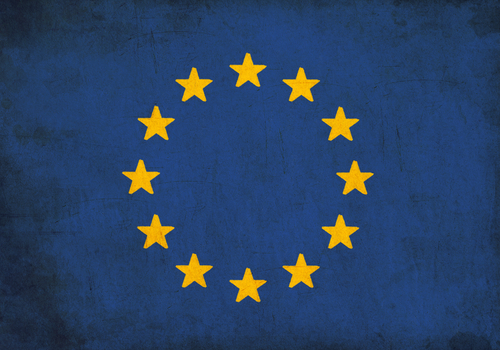

Over 300 security professionals from across EU member states are coming together today for a massive simulated distributed denial of service (DDoS) attack, as part of the second-ever pan-European cyber exercise.
The scenario, if it became a reality, would “disrupt services for millions of citizens across Europe” and cause millions of euros of damage to the EU economy, said the European Network and Information Security Agency (ENISA), which is overseeing the Cyber Europe 2012 operation.
The complexity of the attacks will challenge participants to deal with over 1200 different cyber incidents, ENISA said. DDoS strikes have taken down some notable UK government websites, including those of MI5, MI6 and home secretary Theresa May.
It follows on from tests in 2010, which simulated a cyber attack on critical services and involved only public sector organisations. This time around, private bodies are involved, including ISPs and financial firms. Four countries are just observing the exercise, whilst 25 are actively participating, many of whom were involved in devising the tests.
Cyber Europe 2012 has three main objectives:
“This cooperation is essential given the growing scale and sophistication of cyber-attacks. Working together at European level to keep the internet and other essential infrastructures running is what today’s exercise is all about,” said European Commission vice-president Neelie Kroes.
“Pan-European cyber exercises are a powerful mechanism to test the effectiveness and scalability of existing mechanisms, procedures and information flow between Member States and private sector in case of large scale cyber incidents,” added Evangelos Ouzounis, ENISA’s head of resilience and CIIP (critical information infrastructure protection) unit.
“Member states and the Commission have several times highlighted the importance of cyber exercises in securing Europe’s critical information infrastructures and called for ENISA to support all relevant stakeholders to improve their capabilities.”
Today saw the UK take a pro-active move to improve collaboration. Foreign secretary William Hague, speaking at a cyber security summit in Budapest, announced a new centre of excellence that will offer advice to other nations on cyber security.
The Centre for Global Cyber-Security Capacity Building will receive £2 million backing from the government every year.
How well do you know Internet security? Try our quiz and find out!
Deliveries of Telsa's 'bulletproof' Cybertruck are reportedly on hold, amid user complaints side trims are…
New feature reportedly being developed by Apple for iOS 19, that will allow AirPods to…
Binance BNB token rises after WSJ report the Trump family is in talks to secure…
After failed Amazon deal, iRobot warns there is “substantial doubt about the Company's ability to…
Community Notes testing across Facebook, Instagram and Threads to begin next week in US, using…